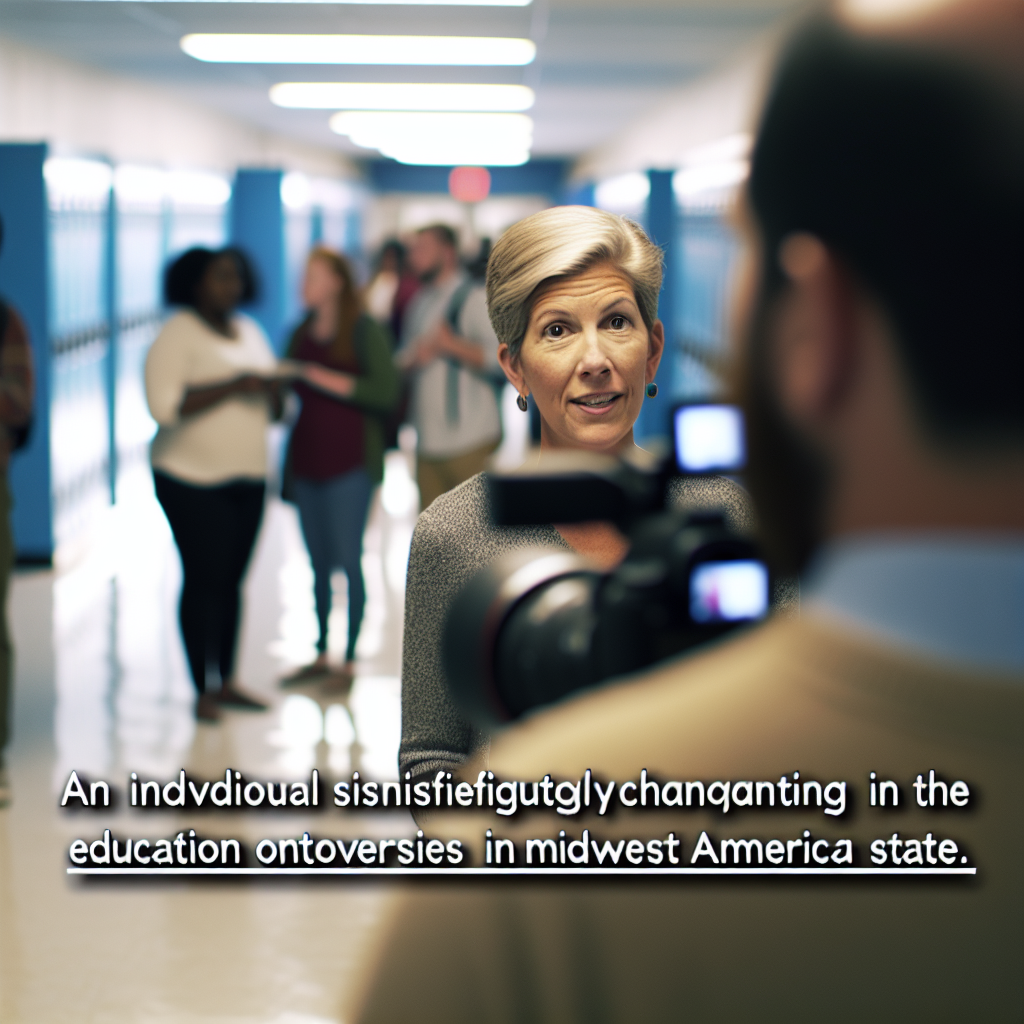
Ryan Walters, the current Oklahoma Superintendent of Public Instruction, has become a prominent figure in American education politics. Known for his conservative stances on issues like critical race theory and LGBTQ+ rights in schools, Walters has sparked national debates. This article delves into his background, career progression, and the controversies surrounding his tenure, exploring how his policies are reshaping Oklahoma’s education landscape.
Early Life and Rise in Education
Born on May 23, 1985, in McAlester, Oklahoma, Ryan Walters grew up in a family deeply rooted in education and faith. His parents, both affiliated with Harding University and the North Town Church of Christ, instilled in him values that would later influence his political career. Walters himself graduated from Harding University in 2010 and returned to his hometown to teach history at McAlester High School starting in 2012.
During his teaching years, Walters earned recognition as McAlester Teacher of the Year and was a finalist for the 2016 Oklahoma Teacher of the Year. This period highlighted his passion for education, but it also marked the beginning of his shift toward advocacy and policy. In 2018, he connected with future Governor Kevin Stitt at a tennis tournament, forging a friendship that propelled him into higher roles. That same year, Walters published articles in the conservative outlet The Federalist, signaling his emerging voice in right-wing education discourse.
By 2019, Walters had resigned from teaching to lead Every Kid Counts Oklahoma, a nonprofit focused on education reform. His appointments under Governors Mary Fallin and Kevin Stitt, including to the Oklahoma Community Service Commission and the Commission for Educational Quality and Accountability, built his credentials. These experiences laid the groundwork for his rapid ascent, blending classroom expertise with political networking to position him as a key player in Oklahoma’s education system.
Political Tenure and Key Controversies
Building on his early career, Ryan Walters was appointed Oklahoma Secretary of Education in 2020 by Governor Stitt, becoming the youngest in state history at age 35. In this role, he championed parent-led education and criticized what he viewed as liberal influences in schools. However, his oversight of the Bridge the Gap program drew scrutiny; a 2022 U.S. Department of Education report flagged potential fraud in COVID-19 relief fund distribution, leading to calls for his resignation from Democrats, though Stitt defended him vigorously.
Elected as Superintendent in 2023, Walters intensified his “culture warrior” approach. He has opposed critical race theory, supported groups like Moms for Liberty—labeled extremist by some watchdogs—and pushed for Bible teachings in public schools. His actions, such as campaigning against Tulsa Superintendent Deborah Gist and appointing far-right activist Chaya Raichik to a library board, have polarized opinions. The handling of Nex Benedict’s death in 2024, a non-binary student’s tragedy amid bullying allegations, ignited national outrage and demands for his removal.
Walters’ policies extend to broader initiatives, like requesting schools play a video of him praying for President-elect Donald Trump in November 2024, blending faith and politics in education. Critics argue this erodes public school neutrality, while supporters see it as defending traditional values. These moves have not only affected Oklahoma’s classrooms but also positioned Walters as a national symbol in the ongoing battles over education reform.
- Key Policies: Advocacy for school choice and voucher programs to empower parents.
- Criticisms: Accusations of politicizing education and marginalizing LGBTQ+ students.
- Supporters’ View: Walters as a defender against “woke” ideologies in schools.
In summary, Ryan Walters’ journey from a small-town teacher to Oklahoma’s education chief reflects a blend of personal conviction and political ambition. His tenure has brought significant changes, from challenging unions to promoting conservative curricula, but at the cost of widespread controversy. Readers should consider how such leadership impacts public education’s future—balancing innovation with inclusivity remains key for progress in Oklahoma and beyond.